Can Sugar Affect Your Child’s Behavior? Here’s What You Need to Know Have you ever wondered if that extra cookie or sugary drink could be the reason your child is bouncing off the walls or struggling to focus?
You’re not alone. Many parents like you question whether sugar is secretly pulling the strings behind their child’s energy levels, mood swings, or tantrums. What if the foods you give your child could be influencing their behavior more than you realize?
Imagine understanding what’s really happening in their little bodies after a sugar rush—and knowing how to manage it without completely banning sweet treats. This isn’t just about sugar highs or low energy crashes. It’s about uncovering the surprising ways sugar might be affecting your child’s emotions, attention span, and even social interactions. If you’ve ever struggled to connect the dots between snacks and meltdowns, keep reading. The answers might surprise you—and they could change the way you approach mealtime forever.
The Link Between Sugar And Hyperactivity
Many parents wonder if sugar influences their child’s behavior. Research from placebo-controlled trials has not shown a consistent direct effect of sugar on hyperactivity or cognition in children (JAMA meta-analysis, 1995; see also AJCN review, 2023). That said, some kids might experience energy spikes or be sensitive to food additives found alongside sugary snacks.
Sugar has long been suspected of affecting children’s behavior. Parents often notice bursts of energy after sugary treats. This has fueled a debate about sugar and hyperactivity. Scientists have explored this connection for decades. Studies show mixed results, leaving many parents confused. Some research suggests sugar has little direct impact. Others believe it might influence behavior in indirect ways. Understanding this topic helps parents make better dietary choices.
What Happens In The Body After Eating Sugar?
Sugar enters the bloodstream quickly after consumption. This causes a spike in blood sugar levels. The body responds by releasing insulin to balance it out. For some children, this rapid change might affect their mood or energy. A sudden sugar drop may make them irritable or restless. These shifts could look like hyperactivity. But the link between sugar and behavior is still debated.
How Blood Sugar Spikes May Influence Energy
High sugar intake can cause quick bursts of energy. This is due to the rapid absorption of glucose. Children may seem more active or excitable during this time. Once blood sugar drops, they might feel tired or cranky. These fluctuations can mimic hyperactive behavior. But they might not be the sole cause of it.
The Role Of Other Ingredients In Sugary Foods
Sugary snacks often contain artificial colors and additives. Some evidence suggests certain color–preservative mixes may affect behavior in subsets of children (Lancet “Southampton” study, 2007). U.S. regulators have not established a causal link for certified dyes across all children and call for more research (FDA consumer info, accessed 2025-09-23; FDA Science Board background, 2019). This could explain why kids seem hyper after eating some sweets: the combination of sugar and additives may play a role in sensitive individuals.
Parental Observations And Misconceptions
Parents often associate sugar with hyperactivity because of timing. Kids often eat sweets at parties or celebrations. These events naturally make them more excited. This excitement may be mistaken for a sugar-driven energy boost. Studies suggest context can influence how sugar’s effects are perceived (JAMA meta-analysis, 1995).
Practical Tips For Managing Sugar Intake
Limit sugary snacks to occasional treats. Opt for whole foods like fruits instead. Monitor your child’s behavior after eating different foods. This can help identify patterns or sensitivities. Encourage balanced meals to keep blood sugar levels stable. This promotes steady energy and reduces mood swings. The Dietary Guidelines for Americans (2020–2025) recommend limiting added sugars to <10% of calories starting at age 2 and avoiding added sugars for under-2s (CDC summary, 2024).

Credit: www.medanta.org
How Sugar Impacts Energy Levels
Sugar can influence energy levels and may impact a child’s mood or behavior. Quick energy from sugar often leads to sudden crashes. These fluctuations might result in irritability or hyperactivity in children, affecting their focus and interactions.
Sugar affects energy in children more than many parents realize. It can give a quick boost, but this is often followed by a crash. This rollercoaster of energy can influence how a child behaves and interacts. Understanding sugar’s effect on energy is essential for managing behavior and focus.
What Happens During A Sugar Rush?
Eating sugary foods causes a spike in blood sugar levels. This sudden rise gives children a burst of energy. They may feel hyperactive, talkative, or have difficulty sitting still. Their bodies quickly convert sugar into energy, fueling movement and excitement.
The Crash After Sugar
Once the sugar is processed, energy levels drop sharply. This is often called a sugar crash. Children may feel tired, irritable, or moody. Concentration becomes harder, and they may struggle with tasks or listening.
Why Energy Fluctuates?
Sugary foods often lack fiber or protein, which slow energy release. Without these nutrients, energy enters the bloodstream too quickly. This rapid rise and fall create unstable energy levels. Children may feel energetic one moment and sluggish the next.
How To Balance Energy Levels
Choose snacks with natural sugars, like fruits. Pair them with protein or whole grains. These foods help stabilize energy and reduce the risk of crashes. Balanced meals promote steady energy and better focus throughout the day. For policy context in schools, USDA finalized phased limits on added sugars in school meals in 2024 (Federal Register final rule, 2024-04-25; see also USDA summary, 2024).
The Role Of Blood Sugar Spikes
Sugar can impact a child’s behavior in surprising ways. One key factor is blood sugar spikes. These spikes occur when sugar-rich foods cause a sudden rise in blood glucose levels. This rapid increase can lead to noticeable changes in energy and mood.
Children’s bodies process sugar faster than adults. This rapid digestion can result in quick bursts of energy. These bursts are often followed by a sudden drop in energy, called a “sugar crash.” Such fluctuations may influence their behavior and emotional state.
What Happens During A Blood Sugar Spike?
After eating sugary foods, blood sugar levels rise quickly. The body responds by releasing insulin to lower blood sugar. This can sometimes cause blood sugar to drop too low. The result? Fatigue, irritability, or difficulty concentrating.
The spike itself can lead to hyperactivity. Children may appear overly energetic or restless. This behavior can be mistaken for excitement or mischief. The crash that follows may bring tiredness or mood swings.
How Blood Sugar Spikes Affect The Brain
Blood sugar fluctuations can affect brain function. High blood sugar may briefly boost energy. Yet, it can also disrupt focus and self-control. A sudden drop can lead to emotional outbursts or frustration.
The brain relies on steady glucose levels to function well. Rapid changes can interfere with a child’s ability to think clearly. This may affect their learning and social interactions.
Foods That May Cause Blood Sugar Spikes
Sugary snacks like candy, cookies, and soda are common culprits. Processed foods with refined carbohydrates can also cause spikes. Examples include white bread, pastries, and sugary cereals.
These foods digest quickly, causing blood sugar to rise fast. Natural sugars in fruits or dairy digest slower, offering steadier energy. Choosing whole grains and fiber-rich foods can help stabilize blood sugar levels.
Signs Your Child May Be Experiencing A Blood Sugar Spike
Look for sudden bursts of energy followed by a quick drop in mood. A child may seem hyper one moment and sluggish the next. They might also complain of hunger shortly after eating sugary foods.
Watch for difficulty concentrating or increased irritability. These could indicate blood sugar changes. Paying attention to these signs can help manage sugar-related behavioral shifts.
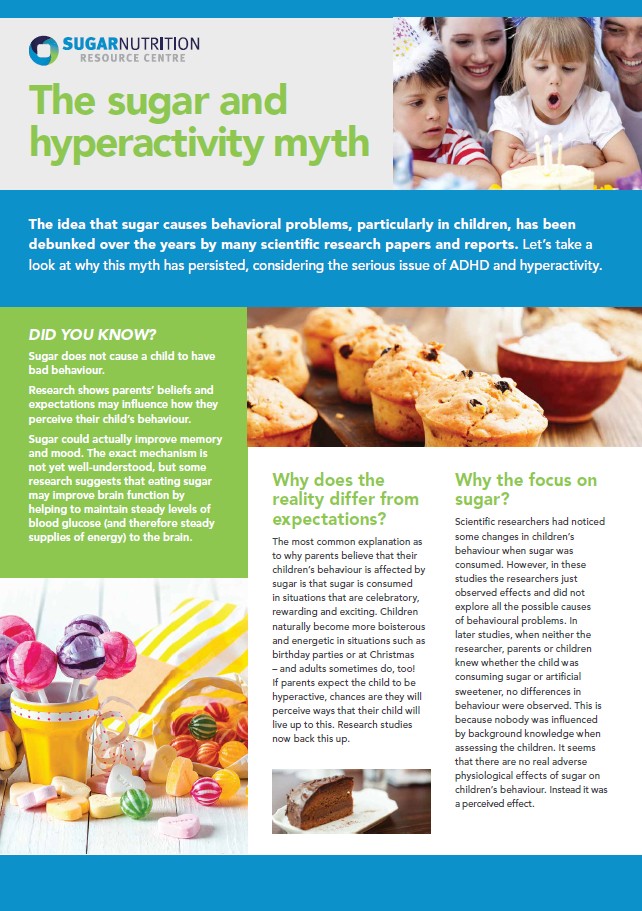
Credit: www.sugarnutritionresource.org
Sugar And Emotional Outbursts
Many parents wonder if sugar can impact their child’s emotions. Some believe sugary treats lead to mood swings or tantrums. While research provides mixed results, sugar’s effects on behavior are worth exploring. Emotional outbursts, in particular, could be linked to sudden sugar intake. Let’s dive deeper into how sugar might influence a child’s reactions and mood stability.
How Sugar Affects Energy Levels
Sugar gives the body a quick boost of energy. This happens because sugar rapidly raises blood glucose levels. After the initial spike, energy levels can crash. These highs and lows may leave kids feeling irritable or restless. Children with unstable energy often struggle to regulate their emotions. This instability could lead to sudden outbursts or frustration.
The Brain’s Response To Sugar
Consuming sugar triggers the release of dopamine in the brain. Dopamine is a chemical linked to pleasure and reward. A sugar rush might temporarily make a child feel excited or hyperactive. But once the effects wear off, children might feel tired or cranky. This rapid switch in emotions can result in unexpected meltdowns.
Impact On Self-regulation
Excess sugar might affect a child’s ability to stay calm. Sugar can overstimulate the nervous system, making self-control harder. Children may find it difficult to manage their feelings during stressful situations. This can sometimes lead to emotional outbursts or aggressive behavior.
Hidden Sugars And Their Role
Many foods contain hidden sugars that parents might overlook. Sweetened cereals, juices, and packaged snacks often have high sugar content. These hidden sugars can contribute to fluctuating moods throughout the day. Monitoring sugar intake can help reduce unexpected emotional reactions in children.
Dietary Factors Beyond Sugar
Many parents worry about sugar’s impact on their child’s behavior. But sugar is not the only dietary factor that could affect mood and actions. Other ingredients in food and drink might influence energy levels, focus, and emotional reactions.
Understanding these dietary factors can help parents make informed choices for their children. It’s not just about avoiding sweets. It’s about looking deeper into what’s fueling their growing bodies and minds.
Artificial Food Additives
Artificial colors and preservatives are common in processed foods. Some studies suggest these additives could lead to hyperactivity in sensitive children (Lancet, 2007). Regulators note evidence is insufficient for a universal ban, though ongoing reviews continue (FDA, accessed 2025-09-23; EFSA, 2008).
High Glycemic Foods
Foods with a high glycemic index release sugar quickly into the blood. This rapid spike can lead to bursts of energy followed by fatigue. White bread, sugary cereals, and pastries are examples of high glycemic foods. Choosing whole grains and fiber-rich options may provide steadier energy levels.
Caffeine Content
Caffeine is present in sodas, energy drinks, and even some teas. It can cause restlessness and irritability in children. While small amounts might seem harmless, regular consumption can impact sleep and mood.
Low Nutrient Intake
A lack of essential nutrients can affect a child’s behavior. Deficiencies in iron, magnesium, or omega-3 fatty acids may lead to mood swings or poor focus. Including fruits, vegetables, nuts, and fish in meals supports mental and physical health.
Food Sensitivities
Some children may react to specific foods, like dairy or gluten. Sensitivities can cause discomfort, irritability, or trouble concentrating. Keeping a food diary can help identify triggers and improve dietary choices for your child.

Credit: www.naturalsuperkids.com
Parental Tips For Managing Sugar Intake
As a parent, managing your child’s sugar intake might feel like a constant battle. Sweet treats seem to be everywhere—birthday parties, school lunches, and even “healthy” snacks can be sugar-laden. But with a few practical strategies, you can help your child enjoy occasional sweets without them taking over their diet—or their behavior.
1. Read Labels And Spot Hidden Sugars
Not all sugars are obvious. Many foods marketed as “healthy,” like granola bars or flavored yogurt, can be loaded with hidden sugars. Check ingredient lists and Nutrition Facts for “Added Sugars.” The Dietary Guidelines for Americans (2020–2025) advise <10% of calories from added sugars starting at age 2, and no added sugars for under-2s (CDC, 2024). Aim for snacks with minimal added sugars.
Would you have guessed that ketchup or pasta sauce could pack in so much sugar? Small changes like switching to low-sugar alternatives make a big difference.
2. Create A Routine Around Sweet Treats
Instead of banning sweets, give them a time and place. Maybe dessert is a weekend treat or part of a family dinner tradition.
This helps children understand that sweets are occasional, not an everyday habit. Plus, it reduces the allure of “forbidden foods.”
When your child knows treats are allowed sometimes, they’re less likely to overindulge when they get the chance.
3. Focus On Whole Foods
Fresh fruits, veggies, and whole grains are naturally sweet and satisfying. Offer these foods as alternatives to sugary snacks.
For example, serve apple slices with peanut butter instead of cookies after school. Or swap sugary cereal for oatmeal topped with berries.
Whole foods not only curb sugar cravings but also help balance energy levels and mood.
4. Be A Sugar-savvy Role Model
Your child watches what you eat. If they see you reaching for soda or candy, they’ll want the same.
Show them that it’s possible to enjoy a small piece of dark chocolate or a handful of nuts when you crave something sweet. Talk about why you make certain food choices in an age-appropriate way.
Would you want your child to copy your current eating habits?
5. Plan Ahead For Special Occasions
Holidays, parties, and school events often come with sugary foods. Prepare in advance so these moments don’t derail your efforts.
Bring a healthier dessert to share, like fruit kabobs or homemade banana muffins. Or set a limit, like one cupcake or two small candies, and stick to it.
Remember, it’s not about being perfect—it’s about finding balance.
6. Teach Your Child About Sugar
Kids are naturally curious. Use that curiosity to educate them about the effects of too much sugar on their body and mood.
Ask questions like, “How do you feel after eating candy? Do you notice feeling tired or cranky later?” Help them make the connection between food and how they feel.
When kids understand the “why,” they’re more likely to make better choices themselves.
7. Keep Sugar-free Drinks Handy
Sugary drinks are one of the biggest contributors to excess sugar intake. Swap sodas and fruit drinks for water, milk, or unsweetened options. The American Heart Association advises no more than 25 g (≈6 tsp) added sugar/day for children and to limit sugary beverages (AAP/AHA tips, updated access 2025-09-23).
Final Thoughts
Managing your child’s sugar intake doesn’t have to be overwhelming. Small, consistent steps can help you create healthier habits for your family.
By educating yourself, setting boundaries, and modeling good choices, you’re not just limiting sugar—you’re empowering your child to make better decisions that last a lifetime. Always consult a healthcare professional for guidance tailored to your child.
Frequently Asked Questions
Does Sugar Make Kids Behave Badly?
Straight sugar itself has not been shown to cause hyperactivity in randomized, placebo-controlled studies (JAMA, 1995). Context (parties, excitement) and additives may explain perceived effects in some cases (FDA, accessed 2025-09-23).
Can Sugar Cause Temper Tantrums?
Sugar itself doesn’t directly cause temper tantrums, but rapid blood sugar spikes and crashes may affect mood and behavior. Keeping added sugars lower and pairing carbs with protein/fiber can help (CDC, 2024).
How Do Kids With Adhd React To Sugar?
Sugar does not directly cause hyperactivity in kids with ADHD. Some children may experience temporary energy spikes or mood changes. Diet impacts each child differently, so monitoring reactions to sugar can help. A balanced diet supports better focus and behavior. Discuss individualized nutrition with your pediatrician.
Always consult a healthcare professional for guidance.
What Are Three Signs That Your Child Is Eating Too Much Sugar?
Frequent energy crashes, increased cavities, and mood swings. As a benchmark, aim for <10% of daily calories from added sugars (age ≥2) and none for under-2s (CDC, 2024). The AHA suggests ~25 g/day (≈6 tsp) for many children (AAP/AHA, 2019).
Conclusion
Sugar’s impact on children’s behavior is a topic worth understanding. While some studies show a connection, others find no clear link. Every child is unique, and their reactions may vary. Paying attention to diet and behavior can help parents notice patterns.
Balanced meals and snacks can support steady energy and mood. Reducing sugary treats might make a difference for some kids. Observing and adjusting can create healthier habits over time. For overall health, follow recognized guidance: keep added sugars <10% of daily calories from age 2 (CDC on DGA 2020–2025) and consider the AHA’s practical target of ≤25 g/day for many children (AAP/AHA, accessed 2025-09-23). Always consult a doctor for specific concerns.
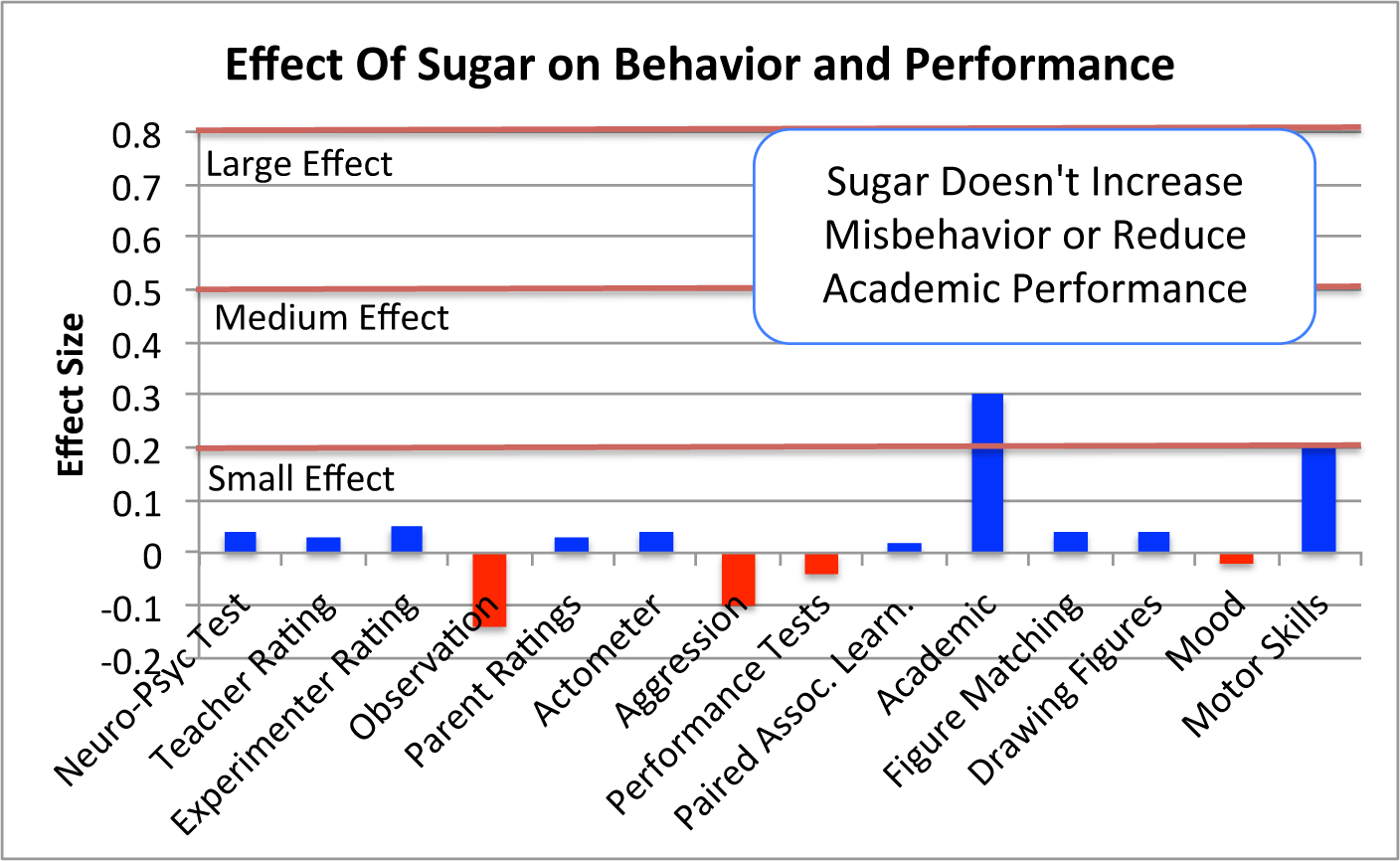

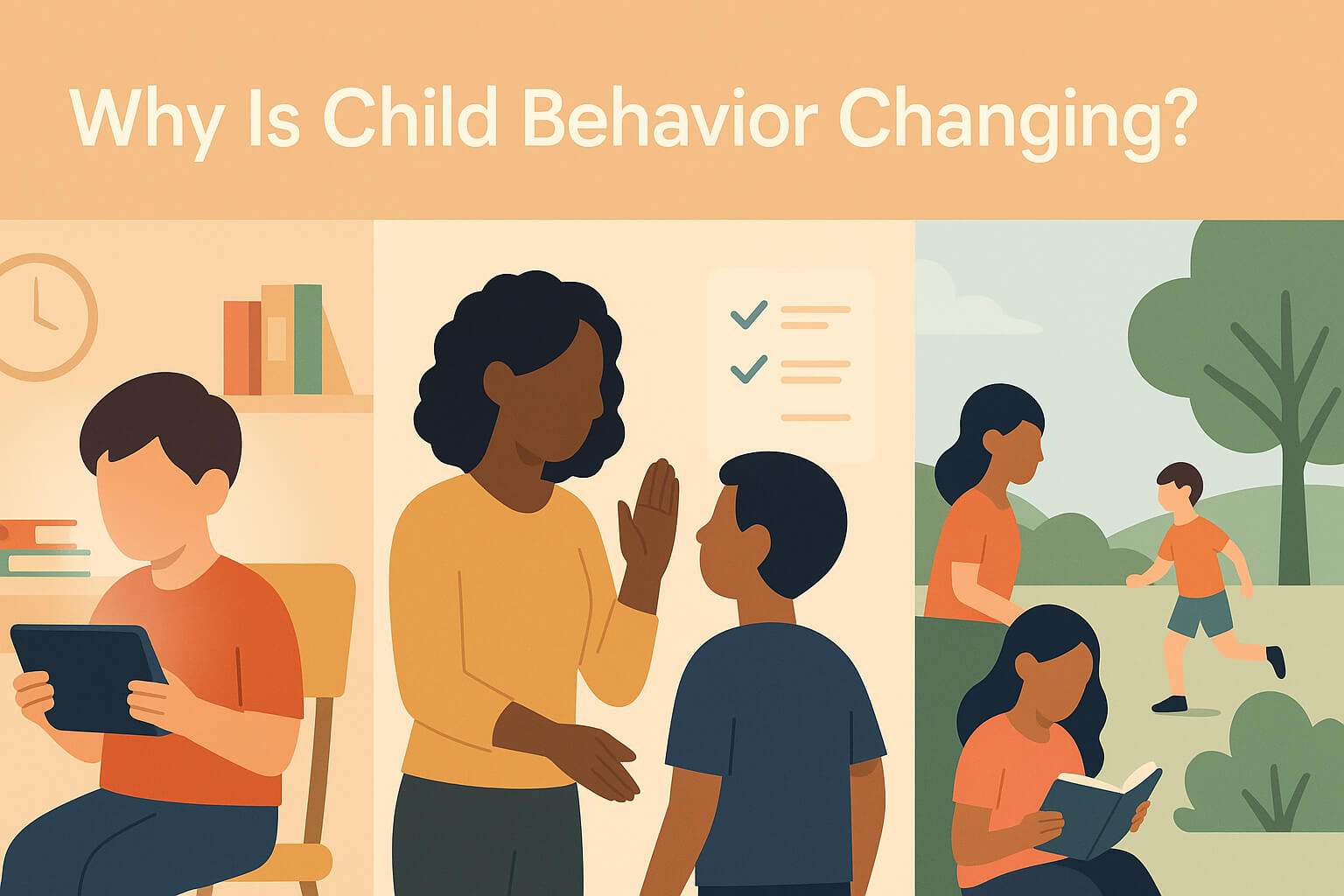
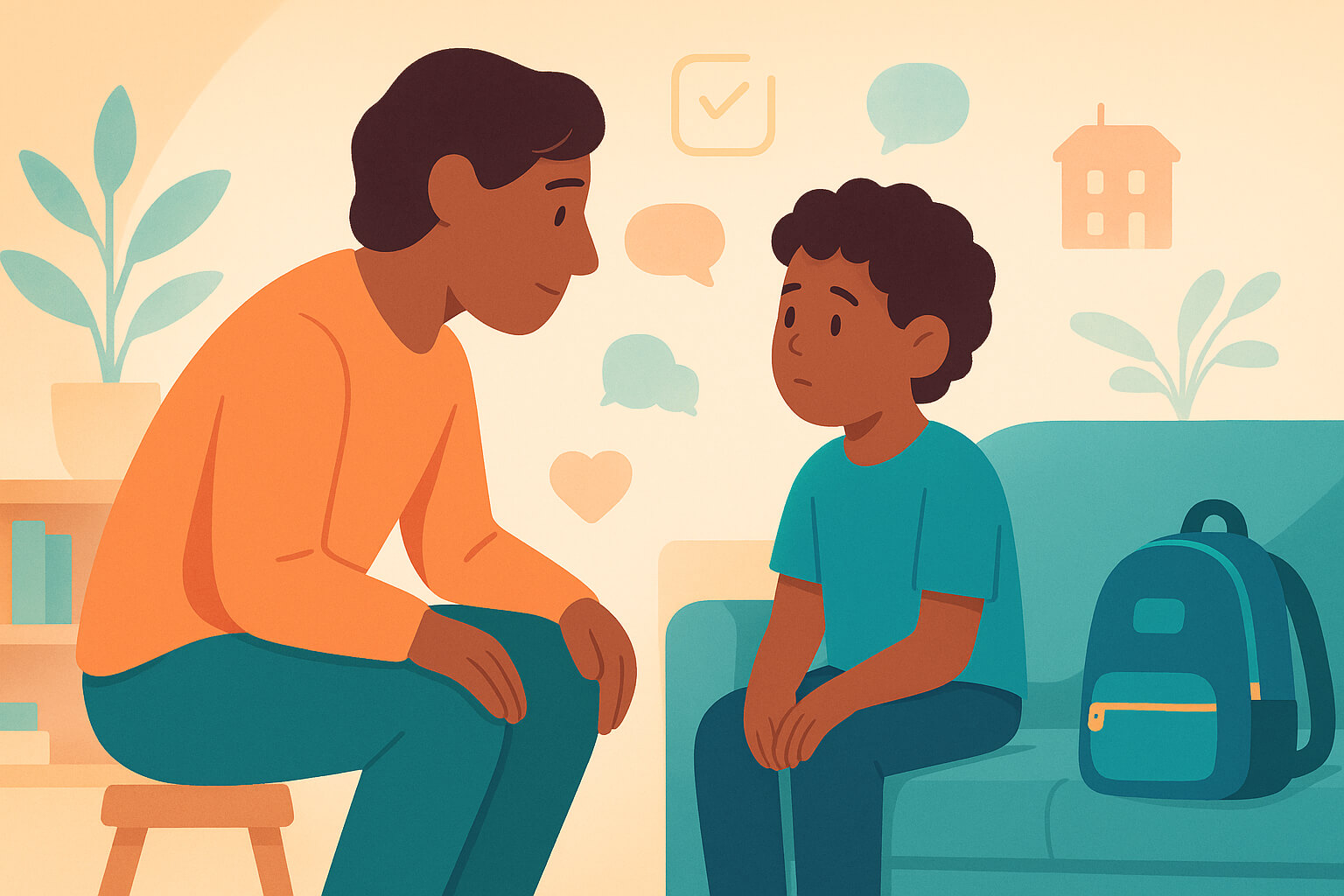
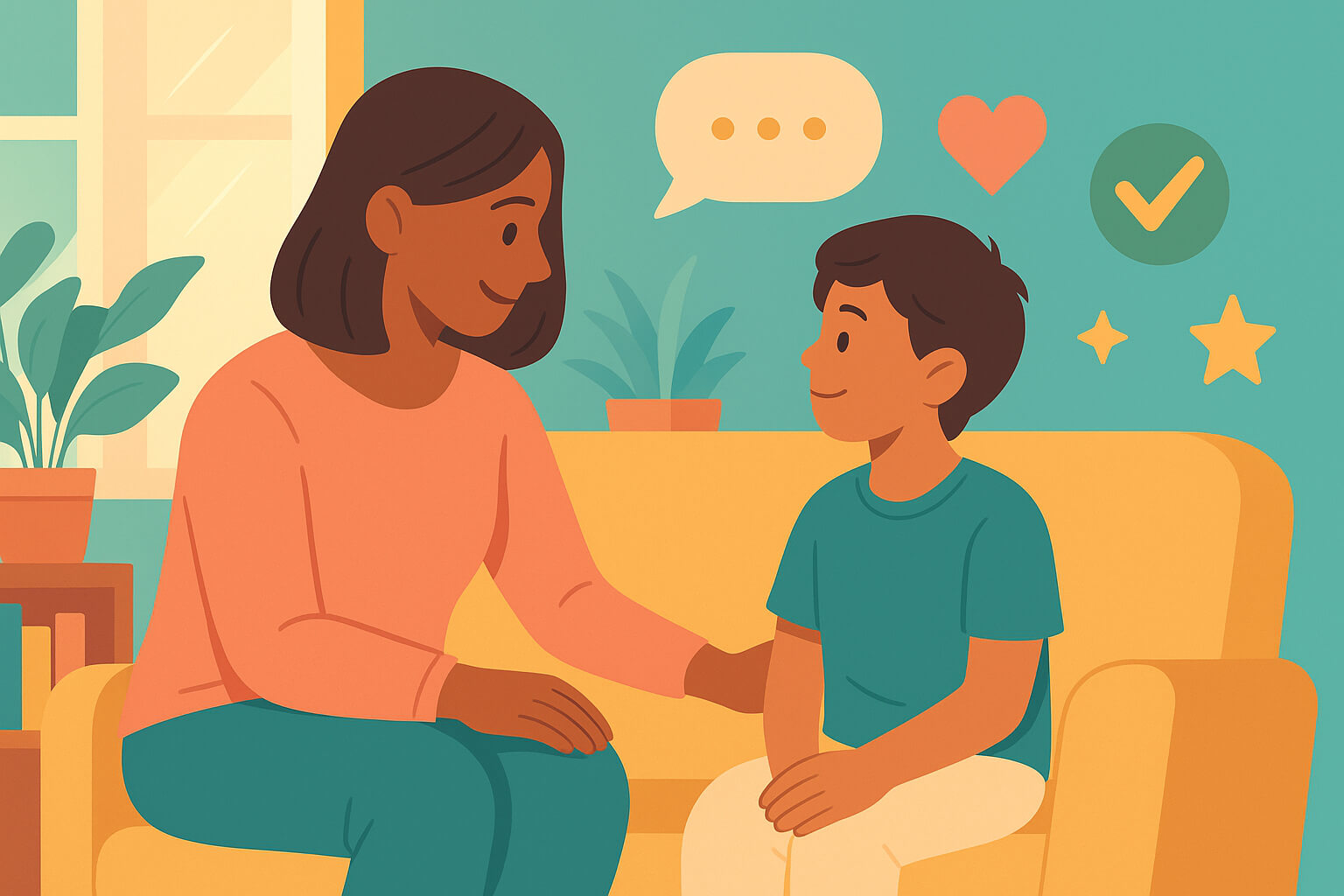
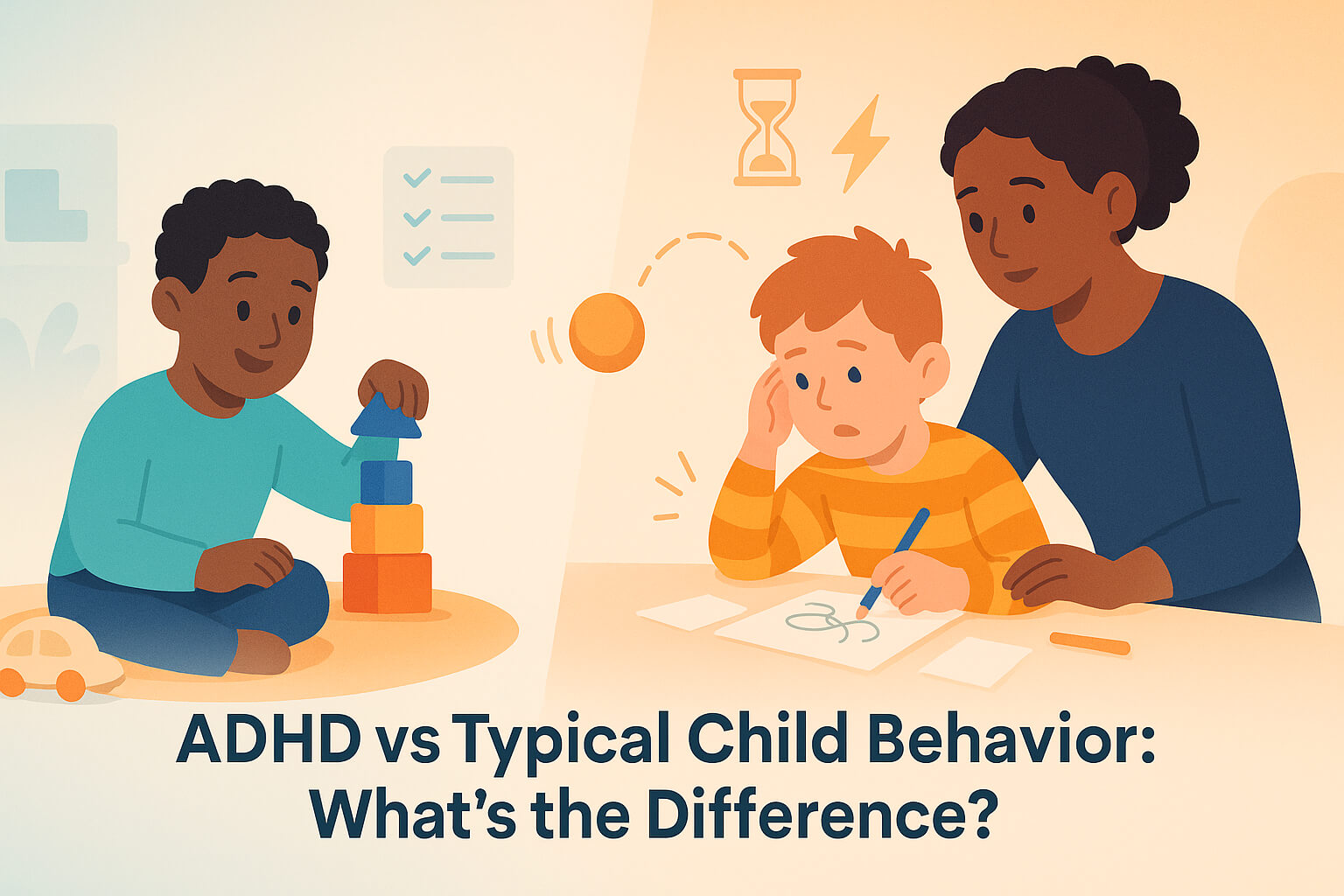

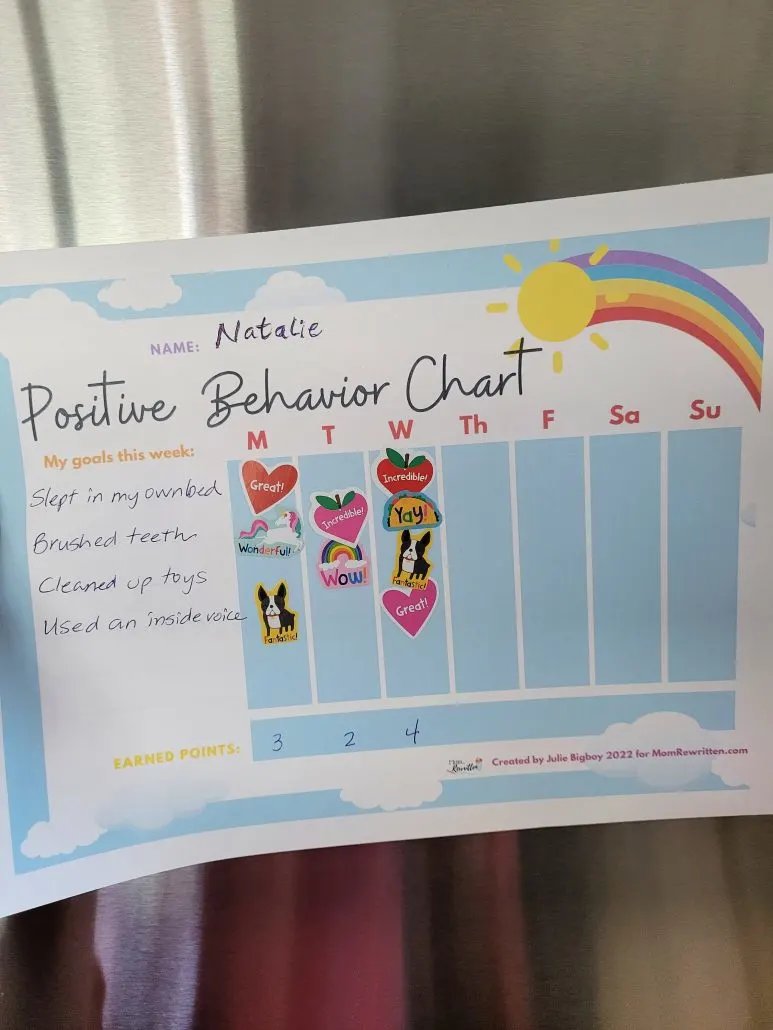
1 thought on “Can Sugar Affect a Child’s Behaviour? Uncover the Truth”